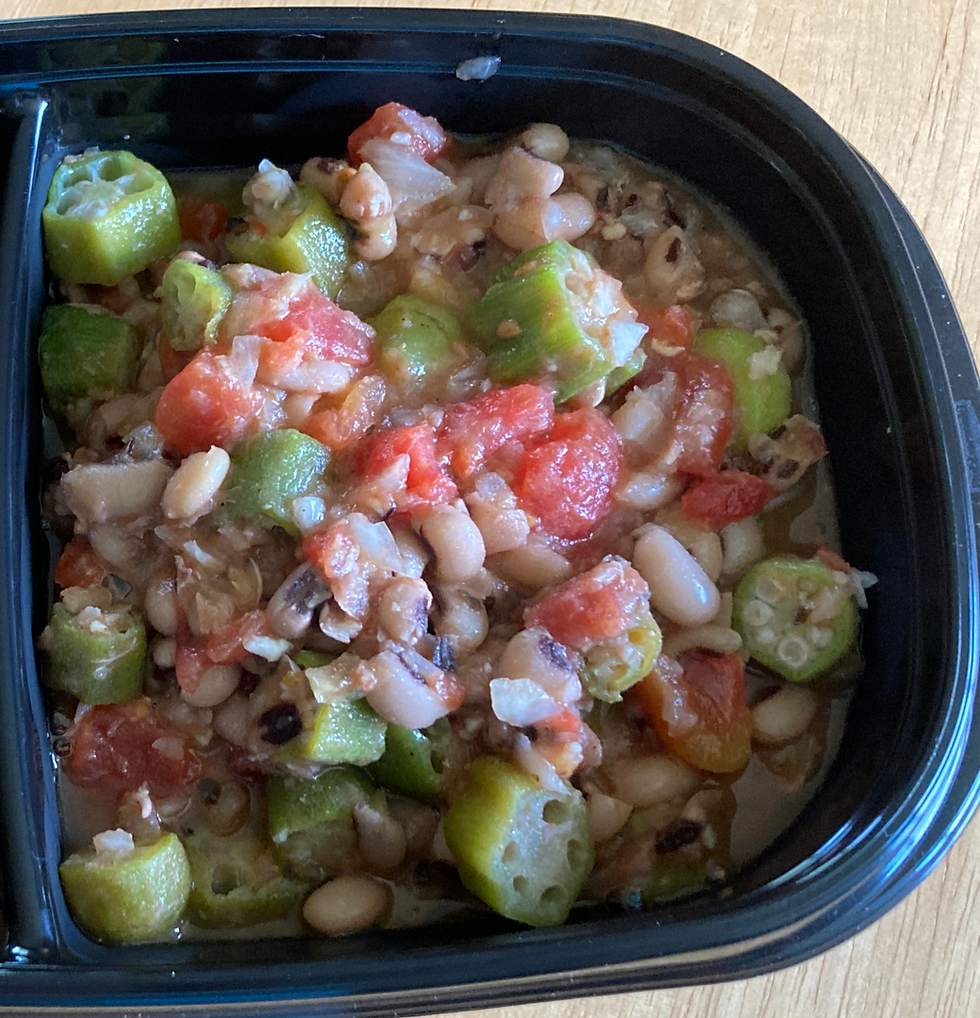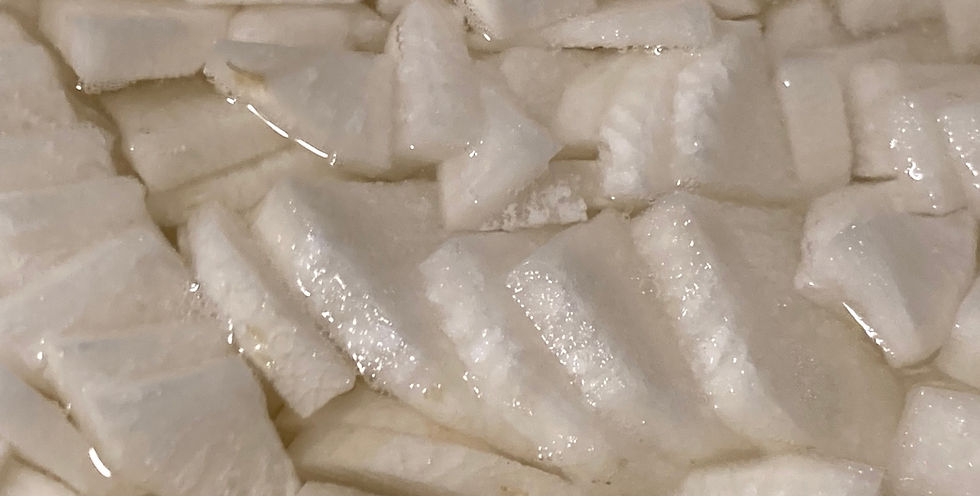How to go with your gut – Creating a healthier you
- Juanita Weaver-Reiss
- Oct 20, 2016
- 2 min read
I am not talking about instinct or the feelings you get about a particular person when you meet them. I am literally going to talk about two parts of food that have an impact on your intestinal health and ultimately have an impact on your overall health.
Most people have probably heard the terms probiotics and prebiotics. These are two components of food that have an impact on health. It is not necessary to take a pill or drink a potion that you have bought from the health food store to get these into your diet and to obtain their benefits. These are natural parts of foods that you can include in your everyday meal plan. I would suggest eat food to obtain these instead taking a supplement or other forms of probiotics and prebiotics.
Probiotics and prebiotics are different from each other. Probiotics are “good bacteria” or also known as live cultures, like the bacteria that naturally occurs in your intestine. These bacteria help to repopulate the bacteria already present in your intestine to balance out the bacteria that is already present. The probiotic bacteria seem to help to boost immunity and gastrointestinal (GI) health. For instance, probiotics may be suggested to someone who has irritable bowel syndrome to help to manage their symptoms.
You might ask, where can I find probiotics in food? The sources for live cultures (bifdobacteria and lactobacilli) can be found in yogurt, kefir, and aged cheeses. The yogurt will list live cultures if it has probiotics in it. Here is a list of yogurt brands and the type of probiotics in the product.
Yogurt Brands Bacteria Strains
Yoplait Lactobacillus bulgaricus
Streptococcus thermophilus
sometimes: Lactobacillus acidophilus
Chobani Lactobacillus acidophilus Bifidobacterium bifidum Lactobacillus casei
Stonyfield Farms Lactobacillus bulgaricus Streptococcus thermophiles Lactobacillus acidophilus Bifidobacterium bifidum sometimes Lactobacillus rhamnosus
Dannon Lactobacillus bulgaricus Streptococcus thermophilus sometimes: Lactobacillus acidophilus Bifidobacterium lactis DN-173 010 in Activia Lactobacillus casei DN-114- 001 in DanActive
Yakult Lactobacillus casei Shirota
Fage Lactobacillus bulgaricus Streptococcus thermophilus Lactobacillus acidophilus Bifidobacterium bifidum Lactobacillus casei
Greek Gods Yogurt Lactobacillus bulgaricus Streptococcus thermophilus Lactobacillus acidophilus Bifidobacterium bifidum Lactobacillus casei
La Yogurt Lactobacillus bulgaricus Streptococcus thermophilus Lactobacillus acidophilus Bifidobacterium bifidum Lactobacillus casei Bifidobacterium animalis BB12
Voskos Greek Yogurt Lactobacillus bulgaricus Streptococcus thermophilus Lactobacillus acidophilus Bifidobacterium bifidum Lactobacillus casei
Information on yogurts from http://beneficialbacteria.net/probiotic-yogurt/
Other foods that contain probiotics that are non-dairy foods are sauerkraut, miso, kimchi, tempeh, and cultured non-dairy yogurts.
Prebiotics are natural, non digestible food components that help to promote the growth of "good" bacteria in the gut. Prebiotics can be found in bananas, onions, garlic, leeks, asparagus, soybeans, and whole wheat foods. The indigestible parts of these foods is what helps the growth of the bacteria.
In simple terms, include a variety of foods for a healthy diet to go with the gut for good health to help your immune system and for intestinal health.
Juanita




Comments